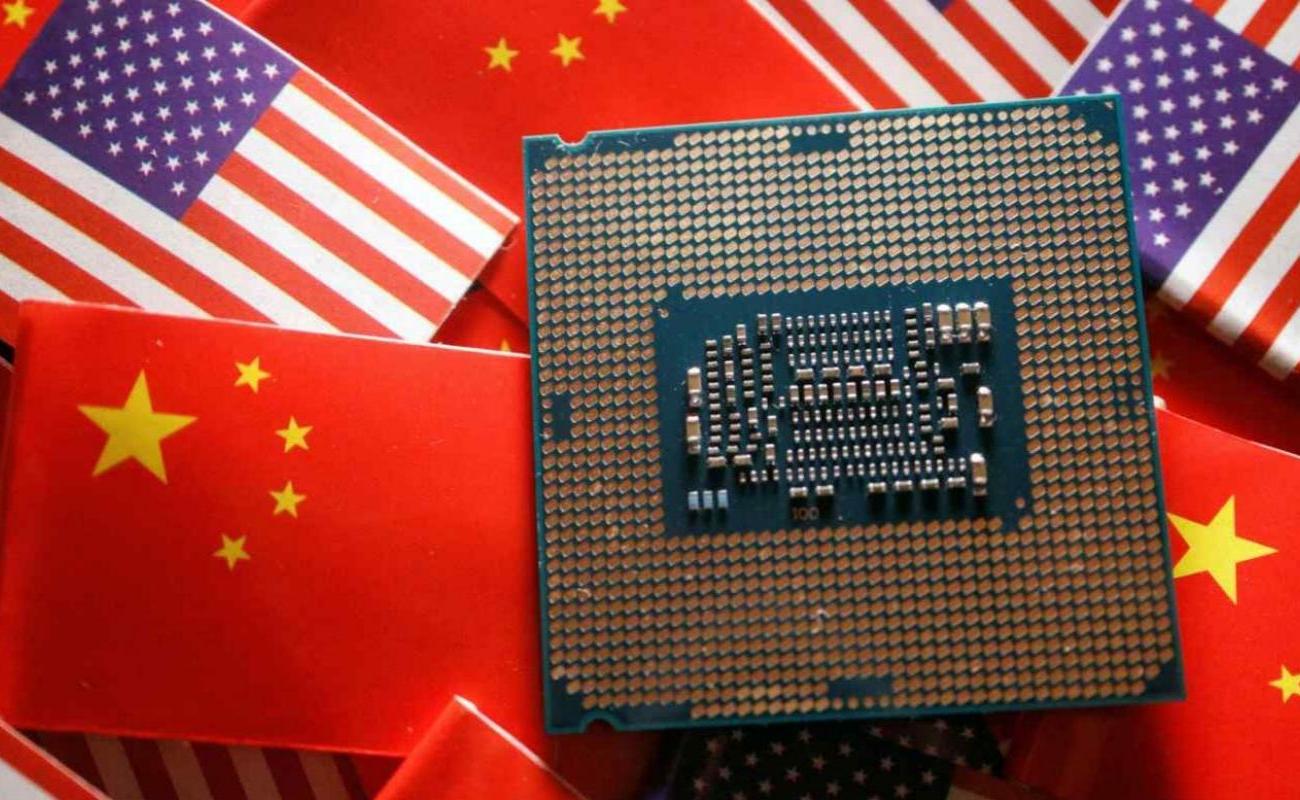Foreign investment in China turns negative for first time

Outflows of foreign direct investment in China have exceeded inflows for the first time as tensions with the U.S. over semiconductor technology and concerns about increased anti-spying activity heighten risks.
The shift was reflected in balance-of-payments data for the July-September quarter released Friday by the State Administration of Foreign Exchange.
FDI came to minus $11.8 billion, with more withdrawals and downsizing than new investments for factory construction and other purposes. This marked the first negative figure in data going back to 1998.
Foreign investment had remained sluggish after falling sharply in the April-June quarter of 2022, when the Chinese economy was in turmoil from the zero-COVID lockdown in Shanghai.
In a September survey of member companies by the Japanese Chamber of Commerce and Industry in China, nearly half of respondents said they would not invest in China at all in 2023 or invest less than in 2022.
Escalating tensions with the U.S. are one reason for the decline in foreign investment. In a survey taken last fall by the American Chamber of Commerce in the People's Republic of China, 66% of member respondents cited rising bilateral tensions as a business challenge in China.
In August, the U.S. announced tighter restrictions on chip and artificial intelligence investment in China. Washington is coordinating with Beijing ahead of a summit meeting between Presidents Joe Biden and Xi Jinping in November, but the U.S. remains committed to technology restrictions in the name of economic security.
Looking at foreign investment in the semiconductor field by destination, China's share has already shrunk from 48% in 2018 to 1% in 2022, according to U.S. research firm Rhodium Group.
In contrast, the U.S. share rose from zero to 37%. The combined share of India, Singapore and Malaysia grew from 10% to 38%.
The revised Chinese counterespionage law, which took effect in July and broadens the scope of what is deemed spying, has also made companies nervous. "China's laws and regulations lack transparency, a factor that increases concerns about business continuity in the country," said Yusuke Miura, a senior researcher at the NLI Research Institute.
As Chinese companies improve their competitiveness, some foreign companies are choosing to leave. Mitsubishi Motors, which was late to shift to electric vehicles, announced in October that it would withdraw from production in China.
In response to the flight of foreign capital, China is launching more policies to open up to the outside world, including easing regulations on foreign investment in the manufacturing sector.
"Foreign companies are becoming increasingly concerned about authorities' emphasis on security, and it is unlikely that their cautious stance toward China will change quickly," Miura said.
China is rushing to build its own chip supply chain in anticipation of prolonged tensions with the U.S., but procurement of necessary equipment and parts from overseas has been slow. If the pace of technological innovation and productivity growth slows, it could put downward pressure on China's economic growth.
